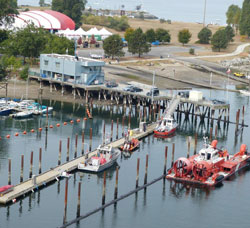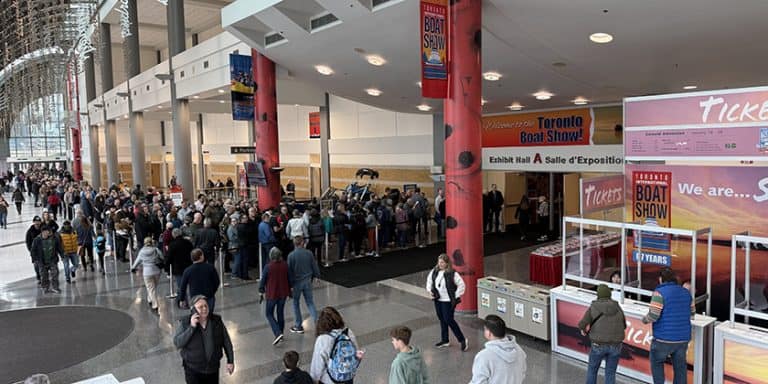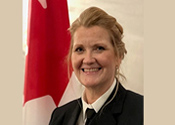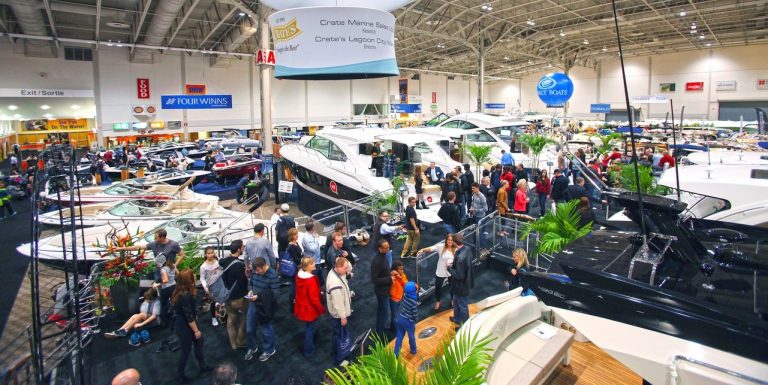Vancouver Police and Fire Chiefs Oppose Kits Base Closure

The chiefs of the Vancouver Police and Fire Departments have written to Prime Minister Stephen Harper urging him to reverse the government's decision to close Kitsilano Coast Guard Base, at the mouth of False Creek. The station is set to close in May as a cost-saving measure, despite the fact that critics throughout BC’s marine and first-responder communities have warned it will put lives at risk.
Vancouver Police Chief Jim Chu and Fire Chief John McKearney have written letters to the prime minister echoing those fears. They say plans to spend more money on a new hovercraft to be based in Richmond and on volunteer search and rescue won’t make up for the SAR capabilities which will be lost in the closure of Kits base.
In his letter, Chief Chu urges the government to “seriously reconsider” the closure:
“The VPD Marine Unit is the only full-time marine-based police unit in Metro Vancouver. The CCG Kitsilano base and the VPD MU have an excellent working relationship and we frequently work together on SAR incidents and assist one another generally in maintaining maritime safety. However…there are key distinctions in the respective roles and responsibilities. Essentially, while the CCG is responsible for maritime SAR, the VPD MU is primarily mandated to investigate and prevent crime as well as actively enforcing various statutes and regulations…. The closure of the CCG Kitsilano base has a very real potential to shift more SAR responsibility to the VPD MU which will, unavoidably, reduce our capacity to fulfill our primary mandate of enforcement, crime-fighting and prevention.
“The mitigation measures proposed to offset the impacts of the base closure are not adequate in terms of maintaining the current level of service. The transfer of all Vancouver area incidents to the CCG Sea Island base, the addition of a summer inshore rescue boat staffed by students, and some increased funding for the Royal Canadian Marine Search and Rescue (RCM-SAR), will not provide the same level of service currently provided by the CCG Kitsilano base.
“…As I understand it, the CCG Kitsilano base is the busiest in Canada and the CCG Sea Island base is already the second busiest. In addition to the increased response times due to the additional 17 nautical miles, it is quite likely that the CCG Sea Island base could experience concurrent calls which may, naturally, further impact response times. Since CCG data indicates that approximately sixty-six percent of the life-at-risk calls responded to by the CCG Kitsilano base occur in the winter months, the effectiveness of the inshore rescue boat, operated over the summer months, is a significant concern.
“…I am concerned that the closure of the CCG Kitsilano base will have a negative impact on the overall level of service with regards to maritime public safety around Vancouver.” Chief McKearney’s letter states: “…There is no question that this closure will put lives at risk. I urge you to keep the Kitsilano CCG station open…. For the following key reasons, measures [proposed] will not be enough to mitigate the life safety risks created by closing the base: “The Sea Island base currently serves 250 calls per year within a 40-mile service area radius. It is inconceivable that the Sea Island base can respond to an additional 300 calls that are currently handled by the Kitsilano base. Approximately 75 of these calls per year are life-at-risk calls. It can be reasonably anticipated that Sea Island will experience concurrent calls and overlapping demands, and have to travel great distances from one incident to another over the greatly increased area for which they will be the sole Coast Guard provider. “…Even if the Sea Island base has the capacity to respond to a call, Coast Guard officials have told us that the minimum additional call response time will be 30 minutes. If past data is accurate, the response time will be higher in bad weather, and/or if the vessels have to be dispatched from an incident farther away than the base. Moreover, the Sea Island hovercrafts are not effective in high winds.
“… The volunteer SAR teams in the area play an important role. As volunteers they have expressed concern that they may not have the capacity to take on all of the additional calls. Additionally, their response times just to board their vessels are a minimum of 15 minutes. They have been clear with the city that the majority of their 170 annual responses are in a supporting role to the Coast Guard.
“Data provided to us by the Coast Guard reveals that approximately two-thirds of the life-at-risk calls that the Kitsilano base responds to occur in the winter months. The sheer number of life-at-risk calls that occur in the winter significantly reduces the effectiveness of the proposed new student summer rescue service, which will not be operating in the winter months. This means that the ability to mount a local, quick response for up to 70 of the most serious SAR calls annually could be seriously jeopardized.
“…Marine search and rescue is a federal responsibility. As the municipal fire service provider I am neither mandated nor equipped to take on the search and rescue role. …I remain very concerned about this impending gap in maritime emergency response and I strongly believe that if the Kitsilano base is closed, lives will be at risk.”
To learn more about the Kitsilano Base Closure please visit: www.cbcnews.ca




























